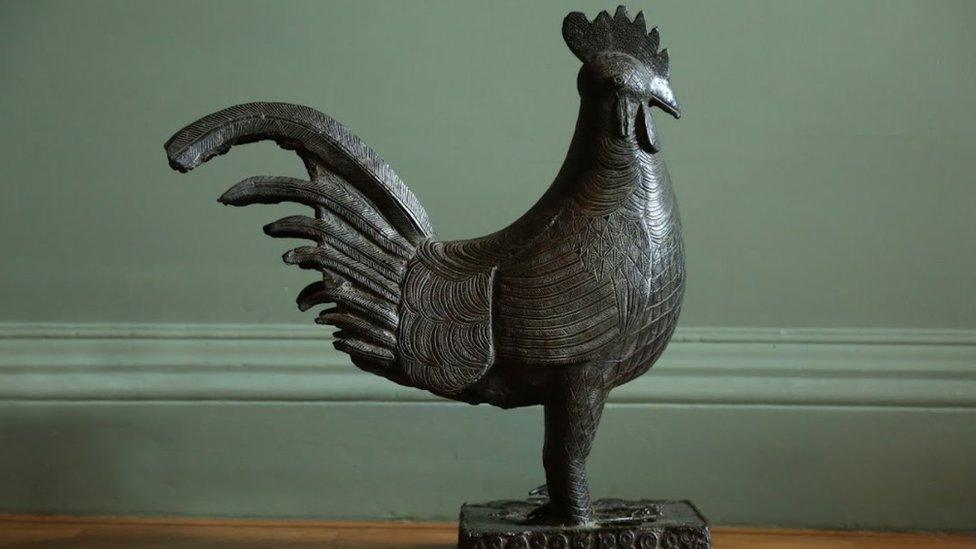Jesus College Cambridge not contesting non-removal of slave memorial
- Published
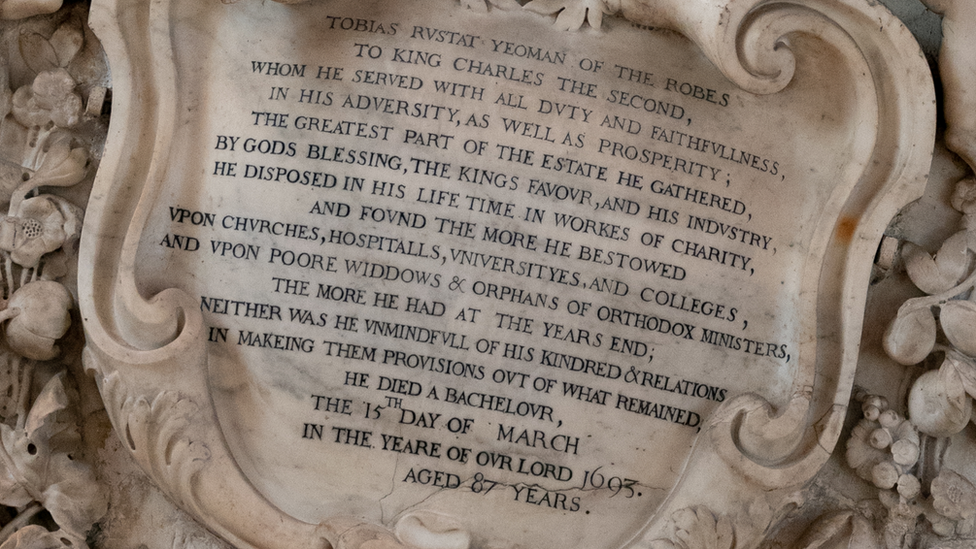
The inscription on the memorial to Tobias Rustat in Jesus College, University of Cambridge
A college which lost a petition to relocate a memorial to a benefactor who invested in the slave trade has said it will not contest the decision.
The memorial to Tobias Rustat, who invested in the Royal African Company, external, is on the chapel wall of Jesus College., external
The Cambridge college asked the Church of England if it could be moved.
David Hodge QC, for the Diocese of Ely, external, dismissed the petition finding it was based on a "false narrative" about the source of Rustat's wealth.
The judgement made last month by Justice Hodge, followed a consistory court hearing, which administers ecclesiastical law, external.
Jesus College has now called on the Church of England to change how it deals with matters of racial injustice and contested heritage.
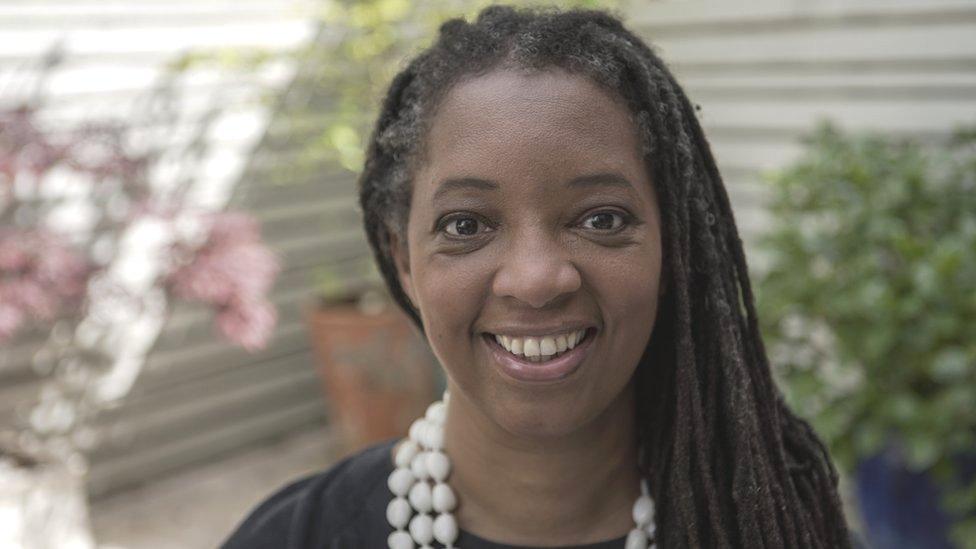
Sonita Alleyne became the master of Jesus College in October 2019
Sonita Alleyne, master of Jesus College, said: "The consistory court's decision shows a lack of understanding of the lived experience of people of colour in modern Britain.
"In short, the college is up against a Church ruling which believes involvement in the slave trade over 30 years isn't sufficient to warrant the removal of this celebratory memorial."
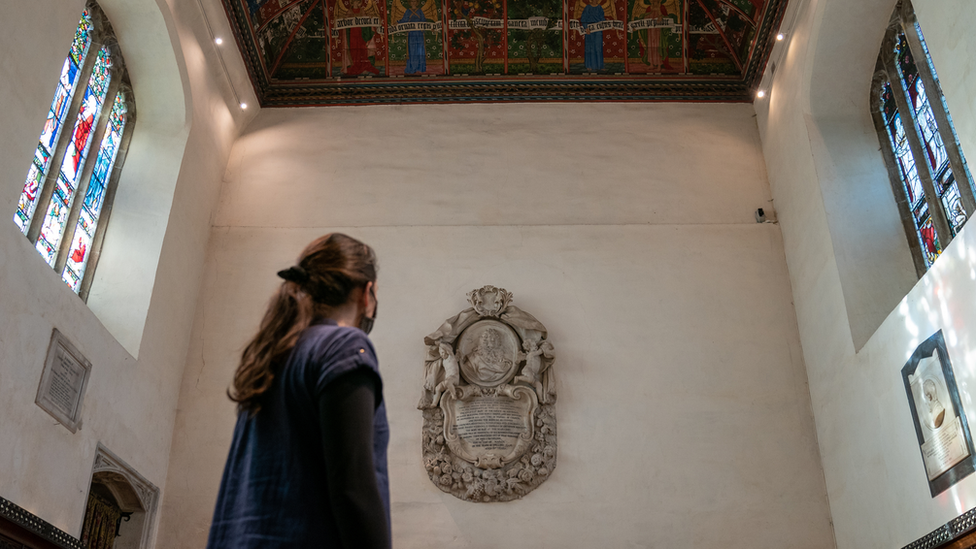
The memorial to Tobias Rustat in Jesus College, University of Cambridge
In his written conclusion, external, Justice Hodge said the "true position" was that Rustat's investments brought him "no financial returns at all", and he had only realised his investments in the Royal African Company in May 1691.
This was "some 20 years after he had made his gifts to the college, and some five years after the completion of the Rustat memorial and its inscription", the judgement said.
Ms Alleyne said the facts about Rustat, one of Jesus College's most significant benefactors, and his involvement in the slave trade were "very clearly proven by the excellent and meticulous research" by the Legacy of Slavery Working Party, external.
"Its findings, as well as the position taken by the college, were misrepresented by others in court," she said.
The college had said previously it was "not seeking to cancel Rustat" but wanted the memorial removed from Jesus College Chapel and relocated to a place where it could be contextualised.
Some 160 clergy signed a letter to the Church Times, external opposing the decision not to move the memorial.
The Reverend James Crockford, dean of chapel at Jesus College, said: "This was a test case for the Church.
"If the Church of England wishes to take diversity and inclusion seriously, it cannot ignore the implications of this decision for the wider mission of the church to be a place where all are welcome."
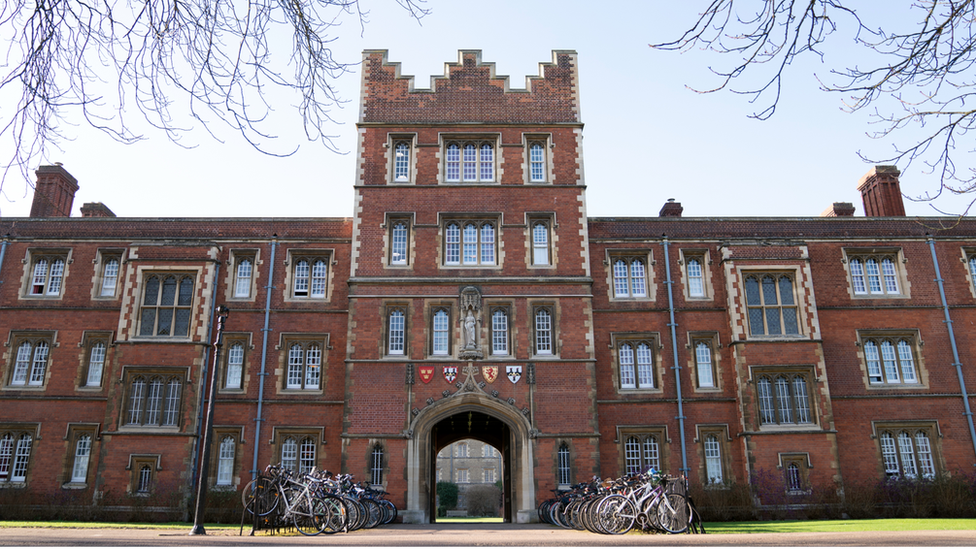
The Rustat memorial is located in the chapel of Jesus College at the University of Cambridge
Ms Alleyne said the judgment demonstrates "the inadequacies of the Church process for addressing issues of racial injustice and contested memorialisation. It is not fit for purpose.
"We will continue to keep up the pressure, because this matters to our students."

Find BBC News: East of England on Facebook, external, Instagram, external and Twitter, external. If you have a story suggestion email eastofenglandnews@bbc.co.uk, external
- Published23 March 2022
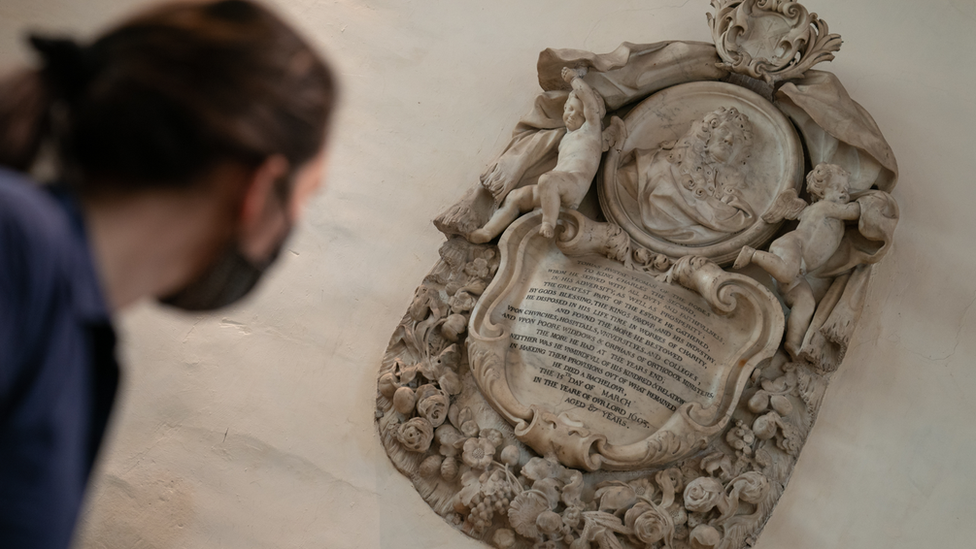
- Published4 February 2022
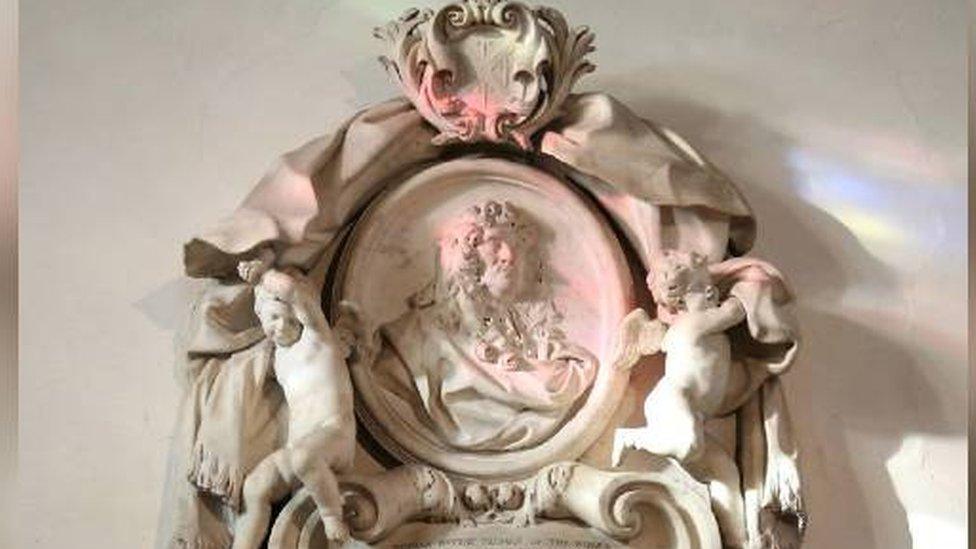
- Published3 February 2022
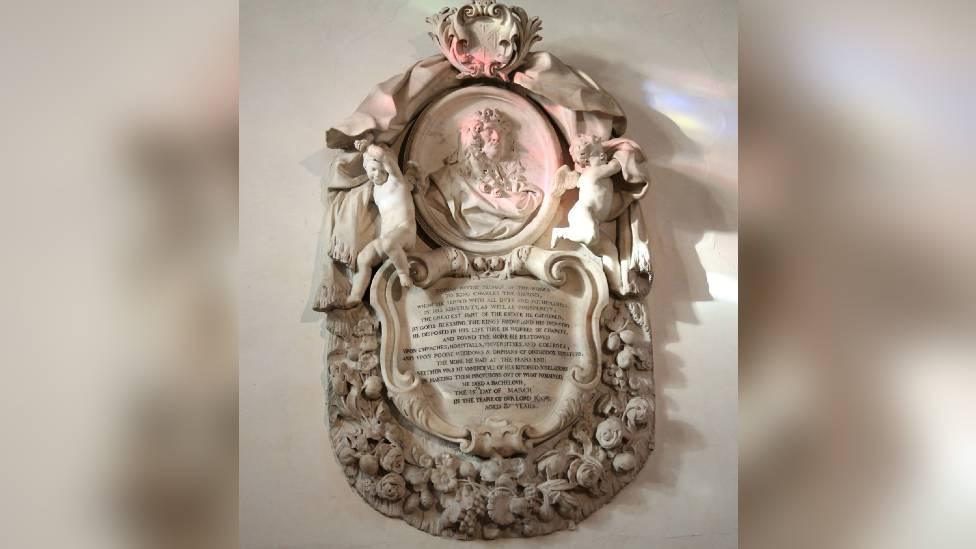
- Published24 January 2022
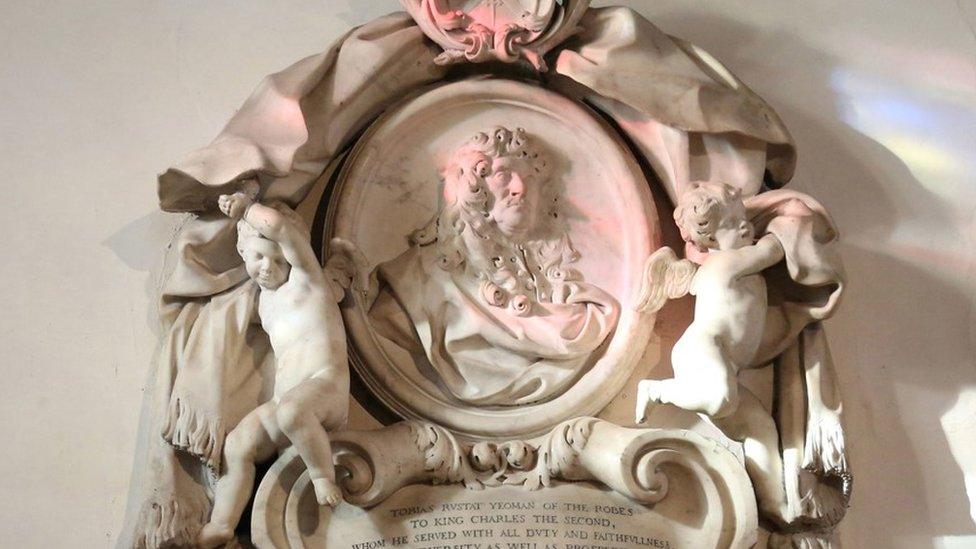
- Published27 October 2021
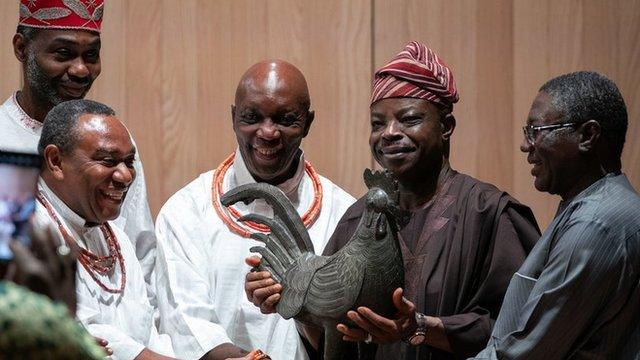
- Published15 October 2021
